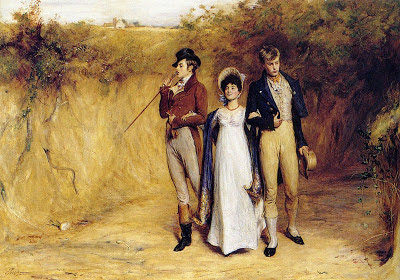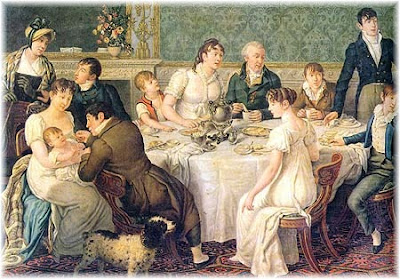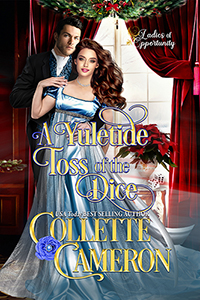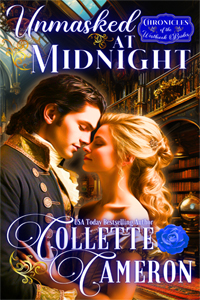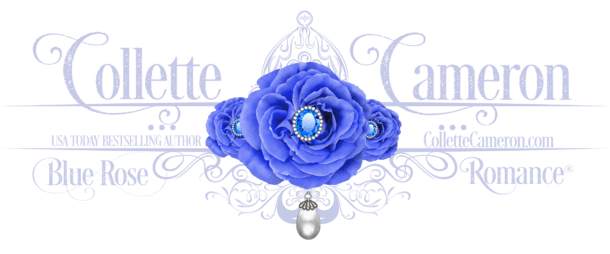Anyone that writes historical genres knows how much research goes into writing authentic details for that period. I write Regency Historicals, and I have dozens and dozens of resources saved as favorites on my PC, as well as in excess to fifty books about the era stacked on the bookshelf in my writing room. I diligently look up the origin of words or phrases I suspect might not be accurate for the Regency era, though I confess, a few have gotten by me.
Some of my favorite resources are the “1811 Dictionary of Vulgar Tongue,” “Brewer’s Dictionary of Phrase & Fable,” “English Through the Ages,” and “Wicked Words, A Treasury of Curses, Insults, Put-Downs, And Other Formerly Unprintable Terms From Anglo-Saxon Times To The Present.”
Recently though, I found myself flummoxed. (Good Regency word there. ) I confess to having used many words in my books that I’ve read in other Regency novels, under the inaccurate assumption that if those authors used them, they must be period appropriate. In other words, those words were used in the context of the common meaning we presently associate with them. Examples include, cad, bounder, feisty, bit of muslin, debutante, fiancé, kidnap, and flip.
According to John Dierdorf’s site, “You Can’t Say That!” all the words above were not in use (as we now use them) during the Regency period.
http://www.prismnet.com/~dierdorf/nono.html
Yet, the queen of Regency herself, Georgette Heyer, is reported to have used the term “bit of muslin.” http://www.georgette-heyer.com/slang.html
I have made an effort to replace the above words with words that would have actually been used during the Regency era, but part of me rebelled. If I read bounder or cad in a Regency novel, as a reader, I’m not asking myself, “Was this word used then?” but as an author, I’m now always asking myself that question.
Are we to be as diligent in the terminology we use when we’re writing as we are in the clothing, politics, customs, traditions, and so on, we build our plot around?
Or are we allowed a bit of author liberty?
I don’t have a concrete answer for the question because I just did a search for as if in my current work in progress. Another no, no for the Regency period. I’m not changing my usage.

